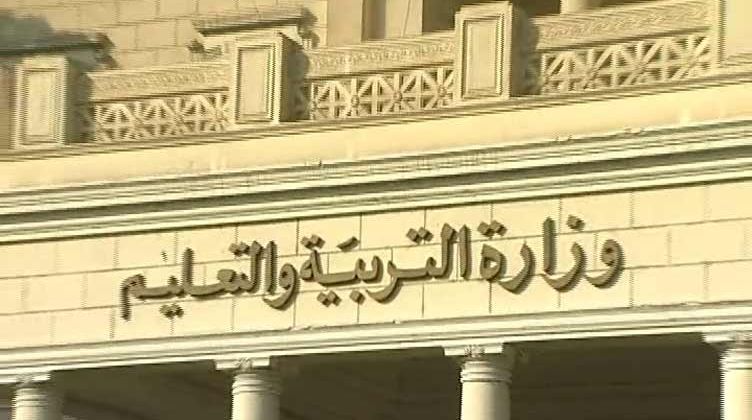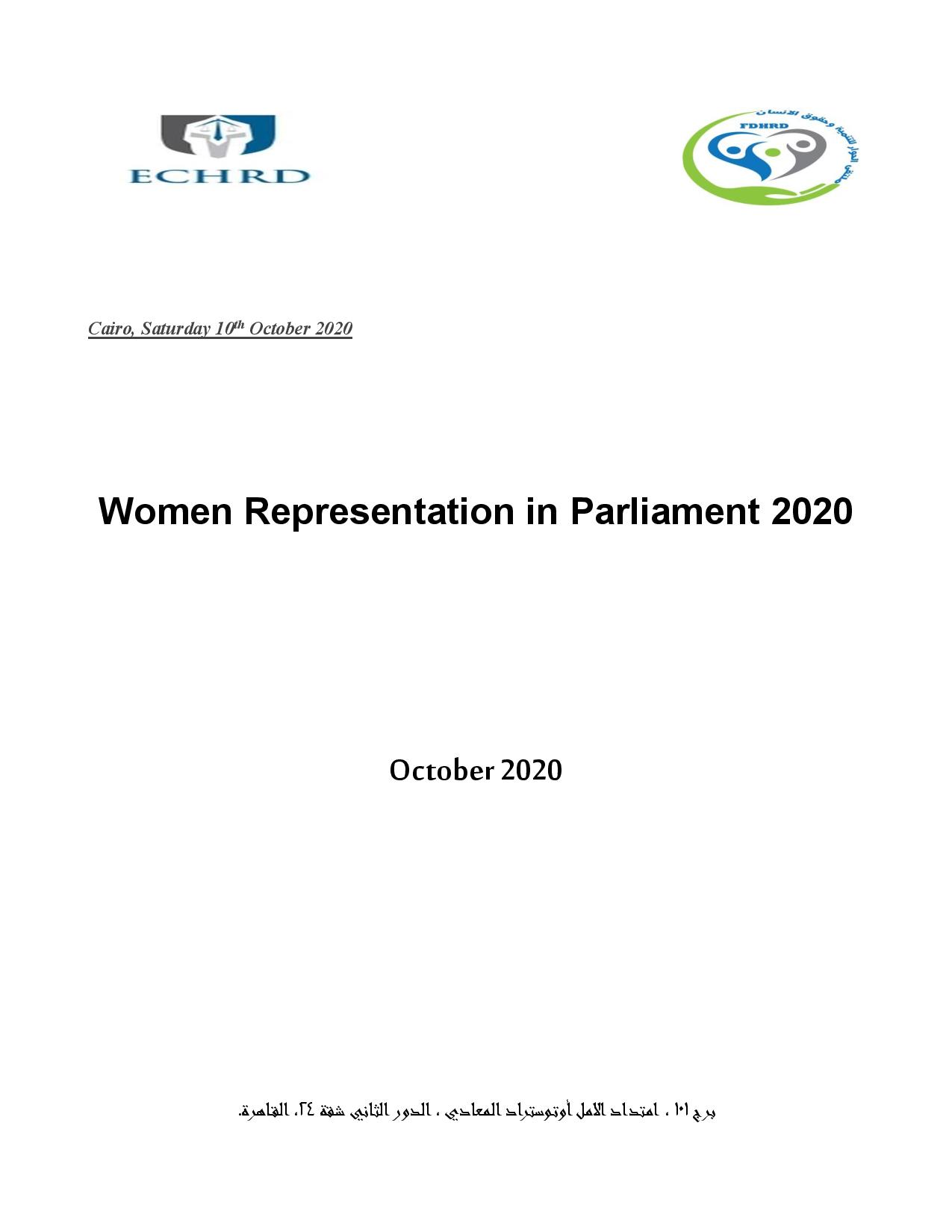Tuesday, October 6, 2020
Press Release
……………………………………..
the Forum for Development and Human Rights Dialogue on Tuesday released a report entitled “Combating corruption in the pre-university education sector.”
The report initially indicated that the Ministry of Education has taken remarkable steps in combating corruption and spreading a culture of integrity among its employees, perhaps the most prominent of which was the step taken by the Minister of Education to form the anti-corruption committee in the Ministry’s General Office and educational directorates to prepare the main executive plan for the national strategy to combat corruption in the Public Bureau and its affiliates.
The report discussed several topics in the fight against corruption in the pre-university education sector, the most important of which are:
The problem of corruption in pre-university education:
The report drew attention to the fact that many of the studies conducted emphasized the impact of corruption on the provision of services – including education. The report noted that education, for example, is affected by this phenomenon in three ways:
Education is affected on the one hand by the pressure exerted by corruption on public resources, and therefore on the education budget, which in most countries represents the largest (or second largest) part of public spending
Corruption affects education by affecting the cost, size, and quality of educational services.
The impact of corruption in education on the conscience and culture of teachers, learners, and families is long-term and reflects on the performance of individuals and graduates negatively throughout their careers.
• How the Ministry eliminated corruption
First: Dr. Tarek Shawky, Minister of Education and Technical Education, issued a ministerial decision on amending some of the provisions of Ministerial Resolution No. (64) of 2016 on combating corruption in the Ministry’s General Office and educational directorates, as part of the measures taken by the Ministry of Education to combat any form of administrative and financial corruption.
The report also cited examples of the most famous corruption incidents that the Commission had discovered.
Mechanisms took by the ministry.
The report concluded with the ministry’s anti-corruption mechanisms:
1- Adherence to the administrative policy, which is linked to the follow-up of the implementation of the administrative departments of the various instructions and decisions according to the competence of each of them, which helped not to leave the field for subjective interpretations that resulted in the mis implementation of the instructions, as well as to distribute responsibilities and the appropriate use of economic resources and work to rationalize the methods of disbursement and to ensure that these resources are not wasted or wasted and the use of appropriate quantities of them at the lowest possible costs, which has reduced corruption in that system.
2- Delegate powers from managers to some employees and management with objectives, including setting a set of objectives and linking them to supervisory standards based on the existence of joint responsibilities between managers and employees.
3- The ministry’s adoption of the maximum penalties for violators of the laws.
4- Community awareness of this dangerous phenomenon, its impact on society and individuals, and the development of their role in combating and eliminating it.
5- Allocating a financial reward to those who report cases of corruption.
6- Holding religious and awareness seminars in government departments, schools, universities, and visual and audio channels urging citizens to get rid of administrative corruption, and support them with stories and lessons from previous corrupt nations and what happened to them.
7- Forming an ad hoc committee in each department for administrative reform, studying the administrative reality, and the behavior of workers to fight corruption at the time of its discovery.
8- Appoint active young leaders, who believe in development and change, competent, qualified, and have scientific experience in the field of work.
9- The ministry’s reliance on the e-book at the secondary level, which led to a course to stop the waste of money and prevent manipulation of the prices of printing books
10- The Ministry’s reliance on paying all financial amounts through electronic payment, which reduced the small corruptions that occur through the disbursement of direct funds
11- The Ministry’s reliance on assigning construction projects to the Engineering Authority of the Armed Forces for Ashraf and Receiving, which led to the prevention of corruption in that process
12- The ministry adopts a policy of financial inclusion related to the disbursement of bank cheques.








